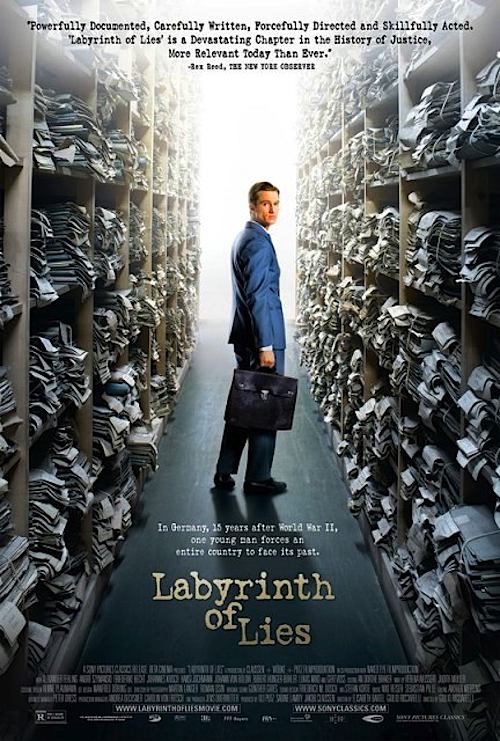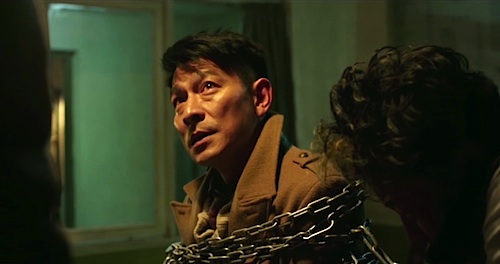By Joe Bendel. Like many filmmakers selected for this year’s New York Film Festival, Jia Zhangke gets more distribution internationally than in his native country. However, in Jia’s case, it is not because he is an elitist or lacks a popular following. In fact, many of his films have been widely seen through bootleg copies. It is simply a matter of government censorship. Despite his uncertain status with the official state film establishment, Jia is received like a favorite son when he revisits his home town and other scenes from his resolutely independent films in Walter Salles’ documentary, Jia Zhangke, a Guy from Fenyang, which screens during the 53rd New York Film Festival.
The concept behind Guy from Fenyang is hardly a new one. Damien Ounouri essentially did the same thing in his hour-long documentary Xiao Jia Going Home from 2008. However, a lot can change in seven years, especially in today’s China. Nor is Jia one to be idle for long. Indeed, as Salles’ doc opens, Jia and actor Wang Hongwei walk through the streets of Fenyang that were lined with karaoke bars when they made their earlyfilms like Platform, but are ominously shuttered now.
For someone who cannot get his films approved for Mainland theatrical distribution, Jia sure has a lot of people approach him on the streets. Yet, he is always gracious about it. He also seems like a dutiful son when he visits his mother and eldest sister. In somewhat oblique fashion, Salles reveals the importance of family to Jia, especially with respect to his father. As a university faculty member, who had the profound misfortune of keeping a diary since his teenage years, the Cultural Revolution was especially difficult on Jia’s dad. It was also hard on his grandmother, who was the widow of a land-owning doctor. Clearly, his family’s experiences have influenced his work, most notably Platform, but there is a nonconformist humanist perspective reflected throughout his work. Of course, that is exactly why he has such trouble with the censors.

In addition to Jia, Salles also talks to several of his key collaborators, notably including his wife, muse, and frequent leading lady Zhao Tao, who explains how her life inspired The World. In accordance with Jia’s democratic spirit, Salles also elicits insights from his frequent cinematographer Yu Lik-wai and sound designer Zhang Yang. Fittingly, he liberally illustrates the film with clips of Jia’s work, but none are as evocative as the visually striking (and perhaps comparatively underrated) The World.
Picking up on Jia’s concerns regarding overdevelopment and callous demolition, Salles often compares and contrasts the locales of Jia’s film as they were then with their present radically altered conditions. It is hard to miss the devastation wrought on working class neighborhoods. Although Jia never gets explicitly political, we get a clear idea of the social inequities that distress him.
At one point Jia suggests he makes films about average people living common lives. That is sort of true, but it is nearly impossible for anyone to be average or common during a period of hyper-reality. Jia captures that zeitgeist with vivid directness (see a Touch of Sin for a particularly blistering example). Salles provides the cultural and political context necessary to understand Jia’s significance in contemporary China, while conveying a sense of his resilient personality. Recommended beyond Jia’s admirers for anyone interested in independent Chinese film and culture, Jia Zhangke, a Guy from Fenyang screens this Wednesday (9/30) at the Beale and Thursday (10/1) at the Gilman, as part of this year’s NYFF.
LFM GRADE: A-
Posted on September 29th, 2015 at 9:21pm.




